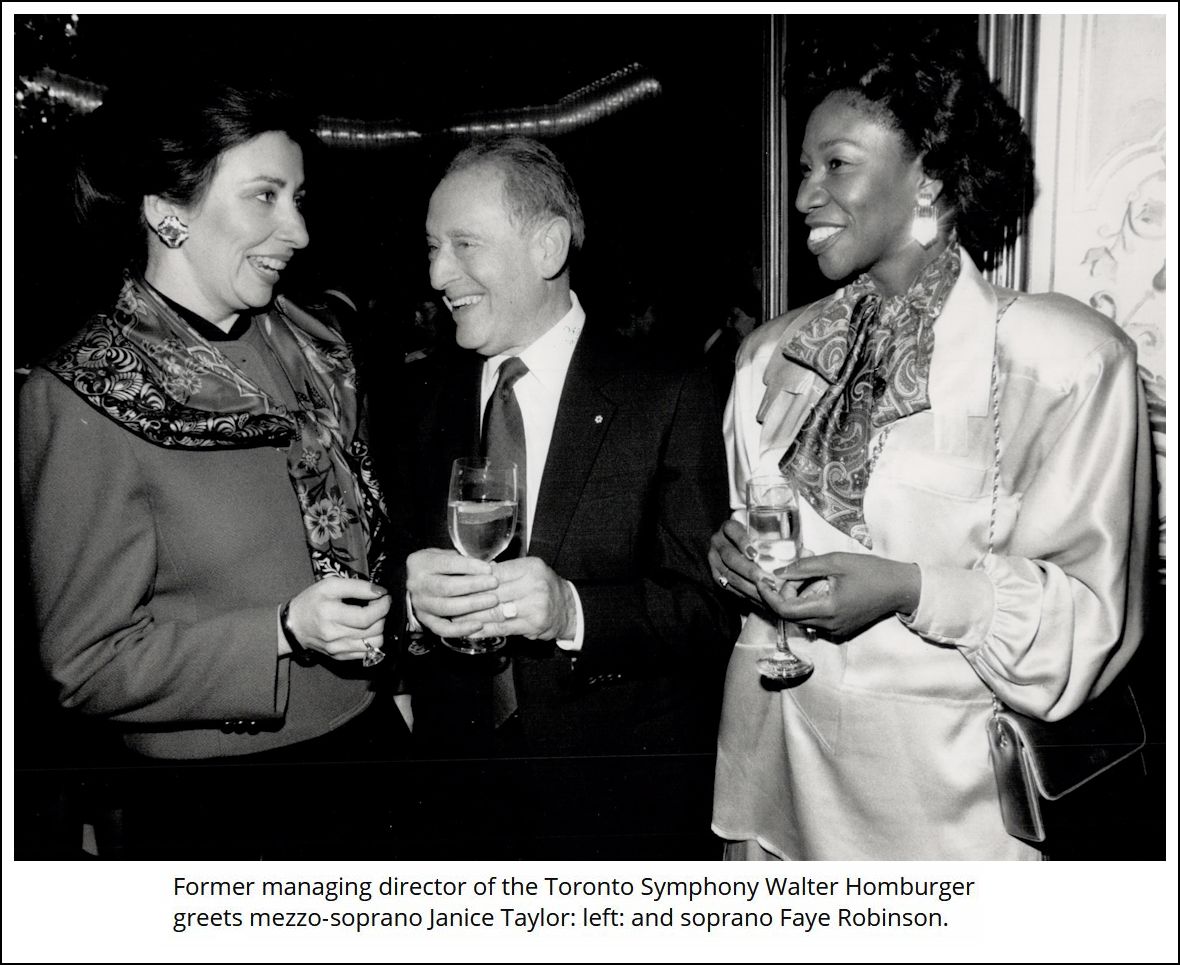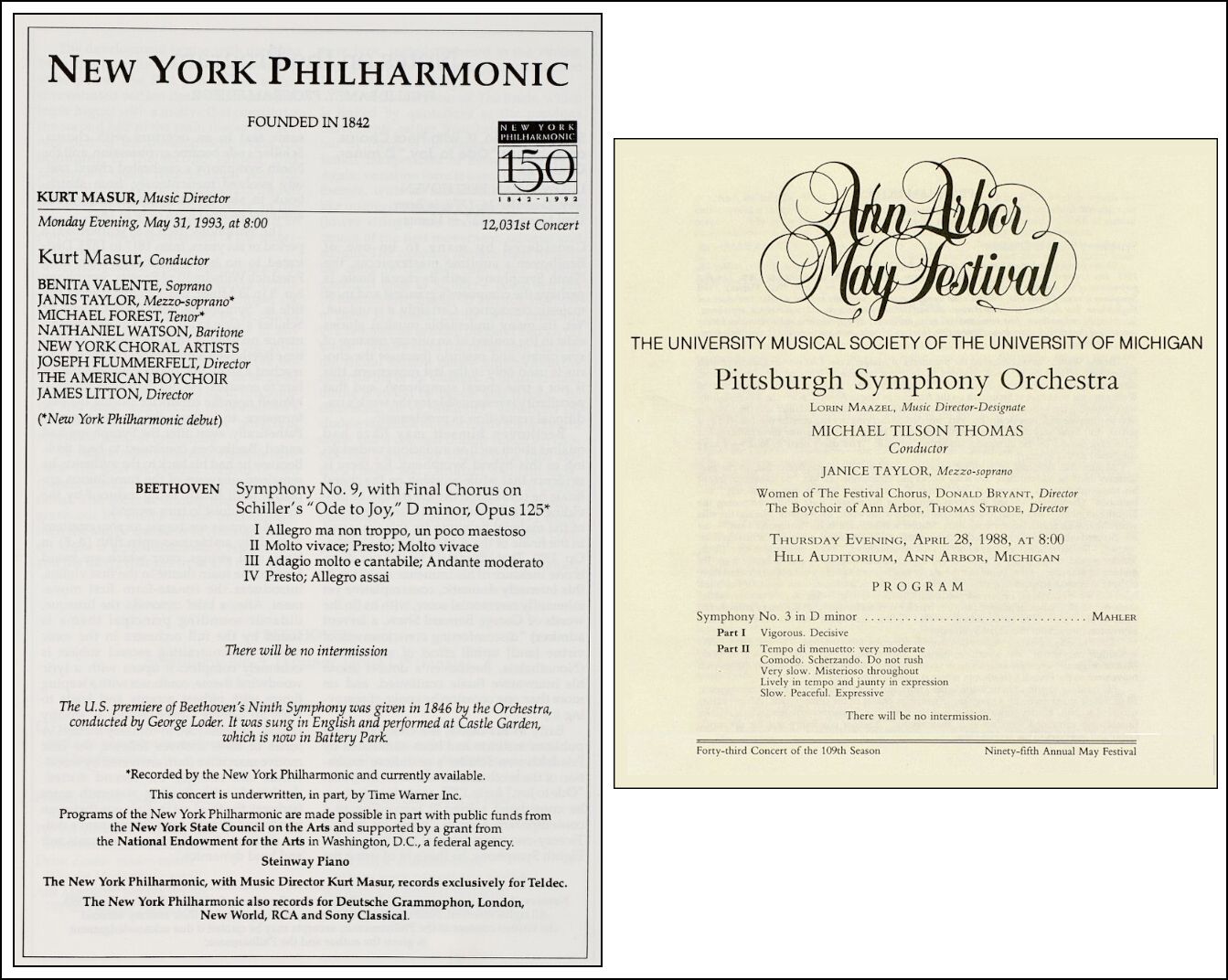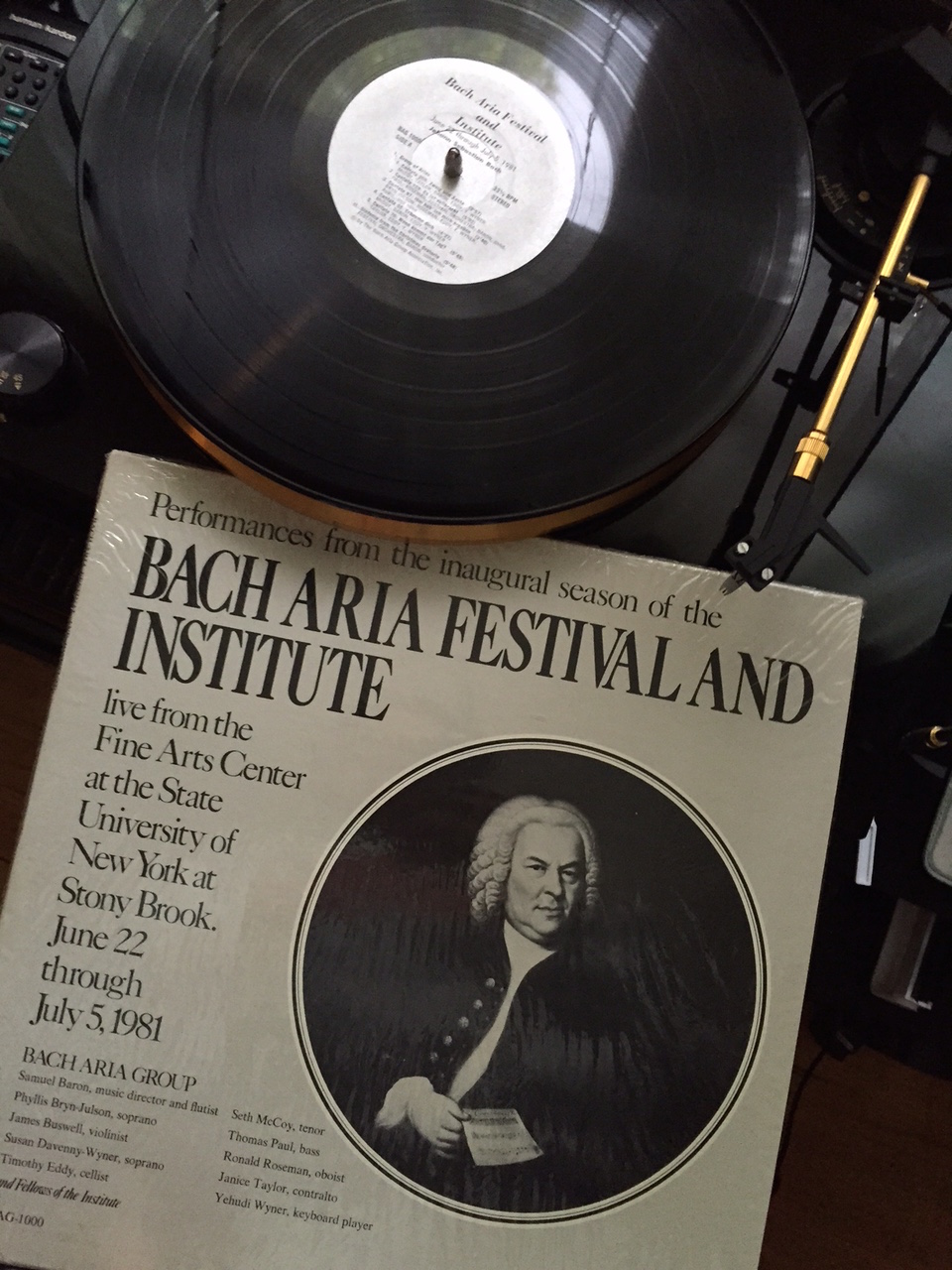
Janis (Janice Kathleen) Taylor (b Schuster). Mezzo-soprano,
b Westfield, NY, 10 Mar 1946, naturalized Canadian 1972. Initially
trained as a pianist and a clarinetist, she was persuaded to study
voice by a fellow music student, Robert Taylor, who subsequently became
her husband and manager. After moving to Montreal in 1967, Taylor began
studying voice with Bernard Diamant and made her recital debut with
John Newmark at the Montreal Musée des Beaux Arts in 1971.
She has also studied with Lina and Antonio Narducci, Stevenson Barrett,
Gérard Souzay, and Danielle Valin.
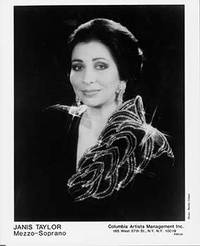 In the early stages of her career, Taylor concentrated on recital,
oratorio, and orchestral repertoire rather than opera; she has sung
with most major Canadian orchestras. She made her orchestral debuts
in Canada (1973), the USA (1979), and Europe (1980) singing Messiah
with the TS, the National SO in Washington, DC, and with the RAI orchestra
in Milan, Italy, which performance earned her a standing ovation. She
made her Paris debut in 1986 performance of Beethoven's Missa Solemnis
with l'Orchestre national de France, and her London debut occurred in
1989 in Verdi's Requiem with the London SO.
In the early stages of her career, Taylor concentrated on recital,
oratorio, and orchestral repertoire rather than opera; she has sung
with most major Canadian orchestras. She made her orchestral debuts
in Canada (1973), the USA (1979), and Europe (1980) singing Messiah
with the TS, the National SO in Washington, DC, and with the RAI orchestra
in Milan, Italy, which performance earned her a standing ovation. She
made her Paris debut in 1986 performance of Beethoven's Missa Solemnis
with l'Orchestre national de France, and her London debut occurred in
1989 in Verdi's Requiem with the London SO.
Taylor has made a specialty of the music of Mahler, having performed his Kindertotenlieder Lieder eines fahrenden Gesellen, Das Lied von der Erde, and the Rückert Lieder, and in all of his symphonies scored for voice (No. 2, 3, 4, and 8).
Taylor began singing opera in 1975 with the role of the Queen in Harry Somers' The Fool at the Stratford Festival. She sang Pauline in Tchaikovsky's Pique Dame at the NAC in 1976. She has subsequently sung with most Canadian opera companies, with US companies such as the Chicago Lyric Opera, San Francisco Opera, and Opera Theatre St Louis, and in 1985 she appeared in the title role in a concert version of Handel's Alessandro at Carnegie Hall. In 1979 she made her European staged opera debut in Spoleto, Italy in Shostakovich's Lady Macbeth of Mtensk. In 1990 she performed Schoenberg's one-woman opera Erwartung at the Holland Festival in Amsterdam. Her repertoire of operatic roles also includes Queen Hippolyta (Britten's Midsummer Night's Dream), Waltraute (Die Walküre), Vitellia (La Clemenza di Tito) and the title role in Massenet's Herodiade.
Taylor is a mezzo soprano with a particularly powerful lower extension to her range which has prompted some reviewers to perceive her as a contralto. Her voice is rich and large, also allowing her to venture into some dramatic soprano repertoire. In order to avoid a vocal classification which might limit her choice of repertoire, she has not pursued a primarily operatic career but has concentrated on concert repertoire where wider vocal and linguistic range of expression is allowed. According to a Montreal review 'her voice is projected with ease throughout its range, with a particularly seductive top octave, dramatic lower notes, and the power of an Anderson in her middle range' (Montreal Gazette, 24 Mar 1986). She has been broadcast on CBC radio and TV. In 1980 she made New York her base while retaining her Canadian citizenship.
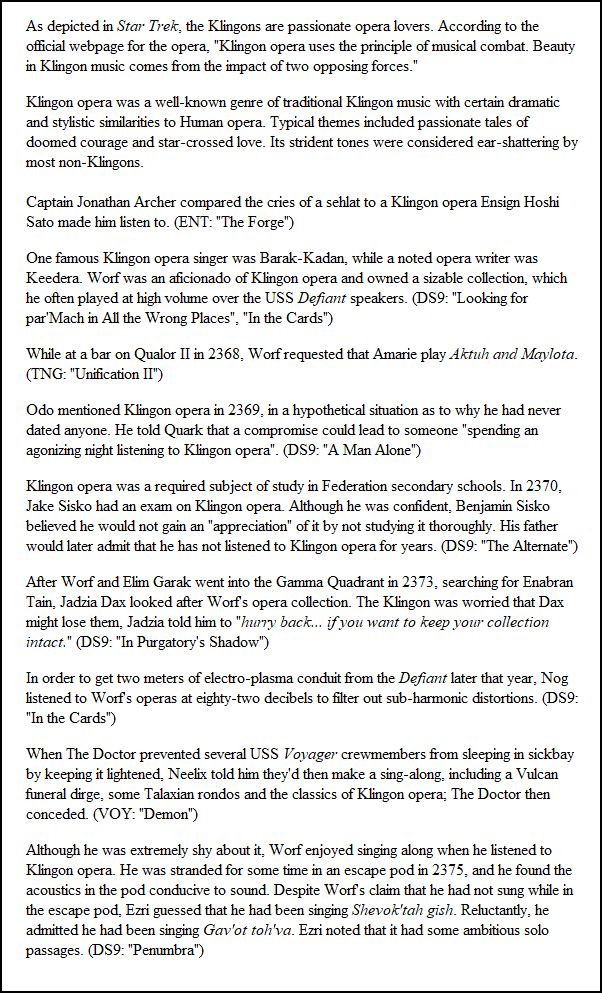
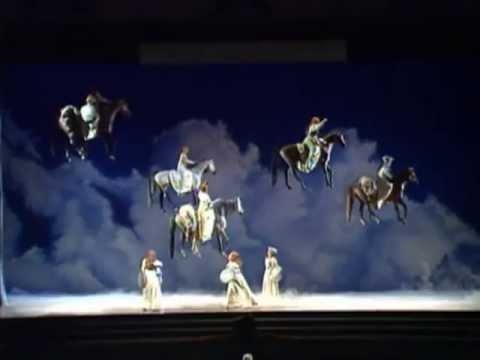 BD: [With a gentle nudge] Are
Valkyries supposed to be funny?
BD: [With a gentle nudge] Are
Valkyries supposed to be funny?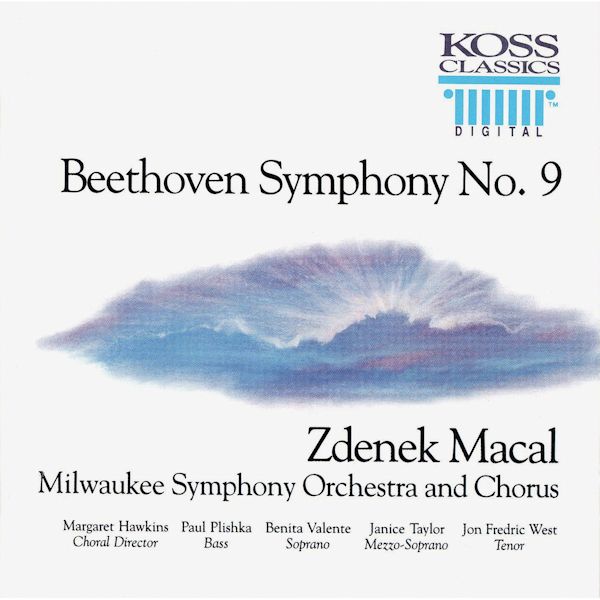
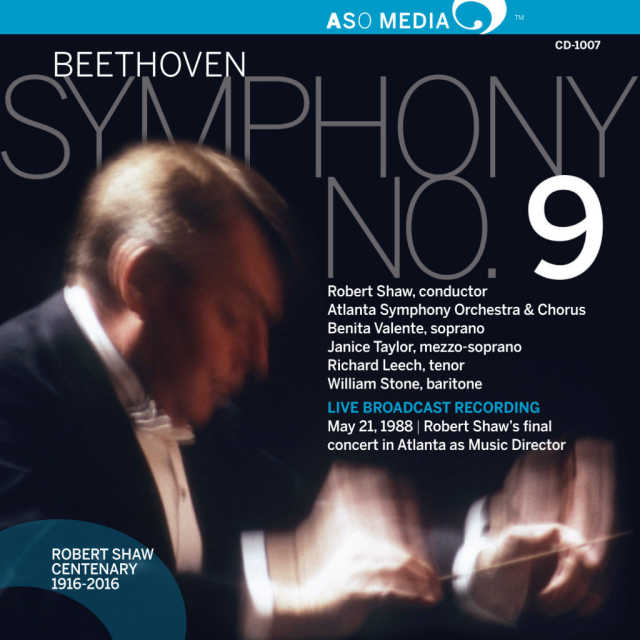 BD: Are there some concert works that
you would not want to do, or would you accept anything that will fit
your voice in the concert repertoire?
BD: Are there some concert works that
you would not want to do, or would you accept anything that will fit
your voice in the concert repertoire?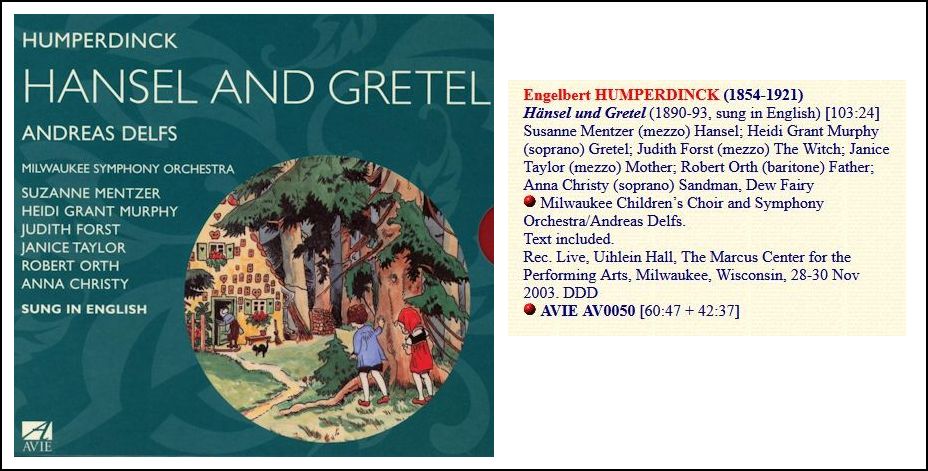
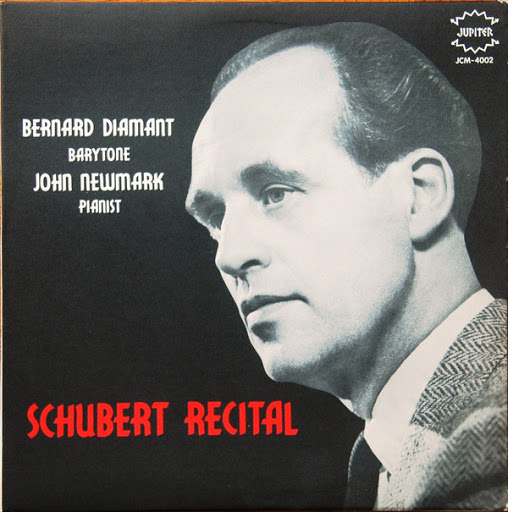 His father was very against him following any kind of musical
career and, different from his school mates of the time, he received
no musical education at all. However, such was his love of music that
he taught himself piano at a very early age, learning from a book he
found in his father’s library. He would accompany his mother when she
rehearsed and thus learned not only a large repertoire but also how to
accompany a singer–a skill which served him well when he began to teach.
His father was very against him following any kind of musical
career and, different from his school mates of the time, he received
no musical education at all. However, such was his love of music that
he taught himself piano at a very early age, learning from a book he
found in his father’s library. He would accompany his mother when she
rehearsed and thus learned not only a large repertoire but also how to
accompany a singer–a skill which served him well when he began to teach. 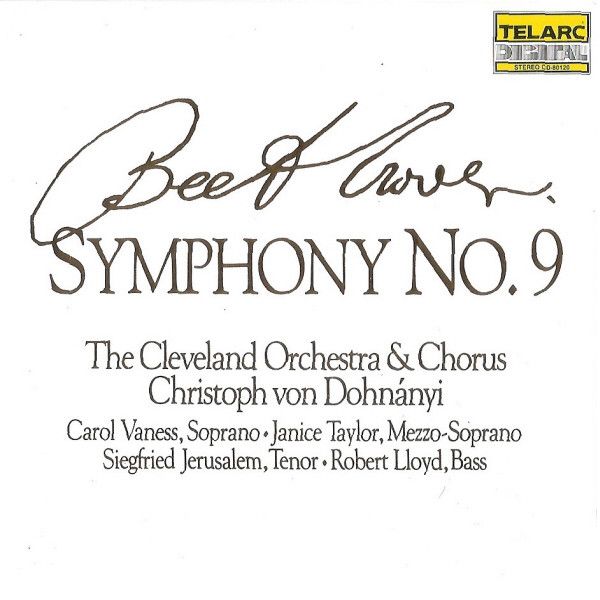
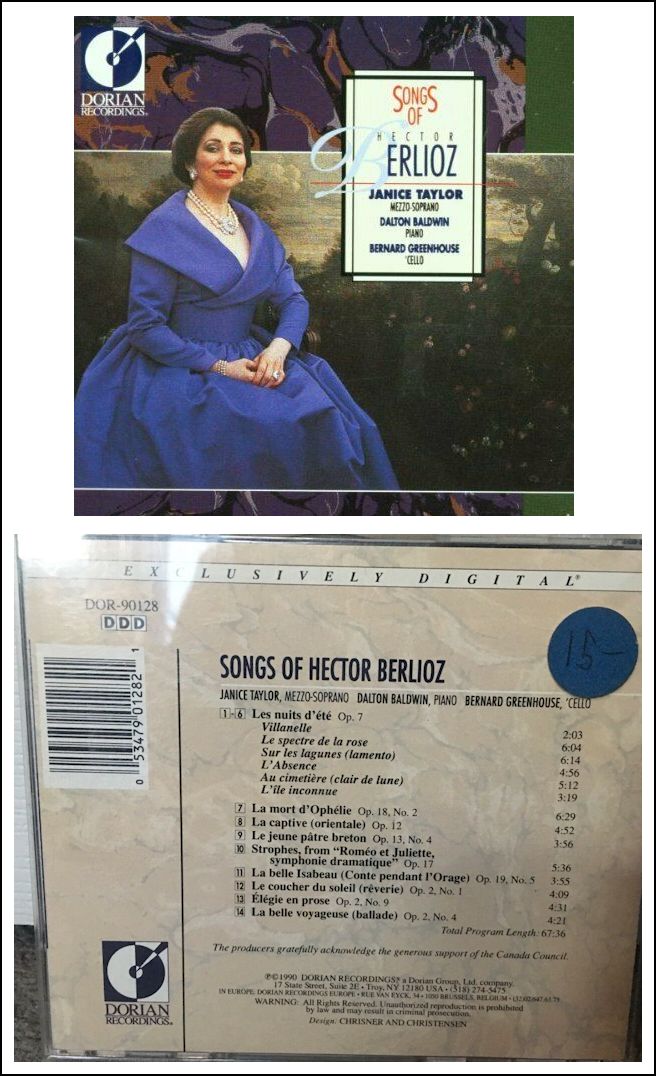
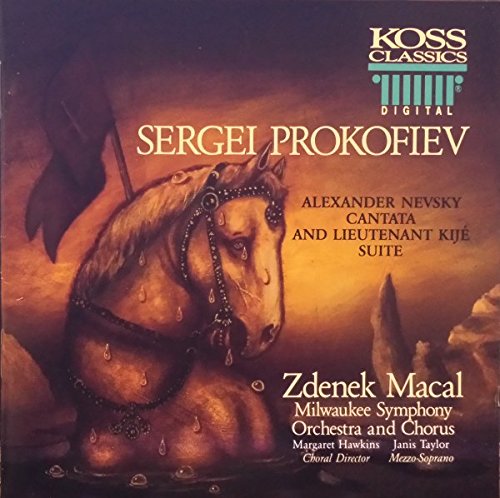 BD: From the time you get an assignment and start learning
a piece, how long does it take to when you have it in your voice and perhaps
even in your psyche?
BD: From the time you get an assignment and start learning
a piece, how long does it take to when you have it in your voice and perhaps
even in your psyche?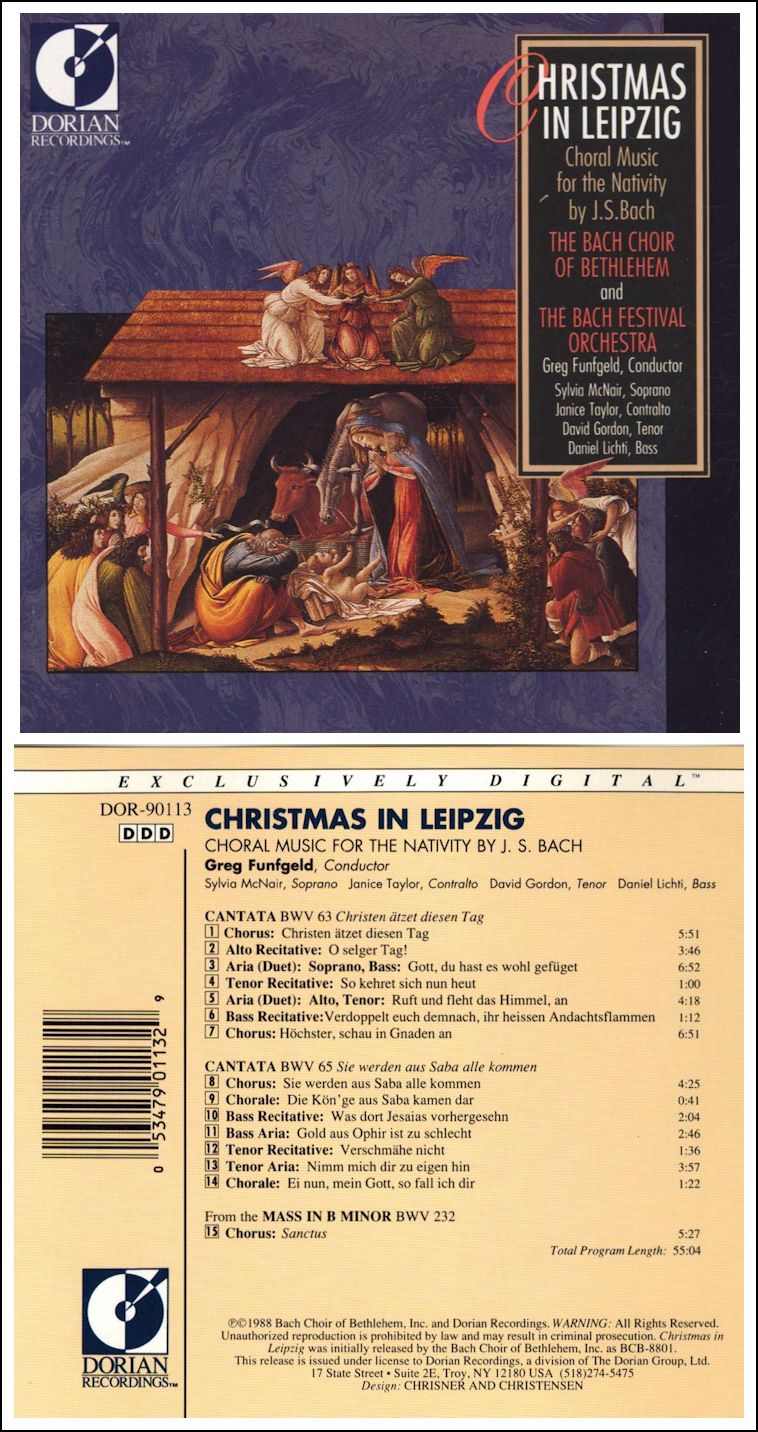 Taylor: Yes. It’s so sad that they’re
not done enough, so it would be wrong to really dedicate oneself to
that... unless you’re a superstar, and then you can have any theater mount
Samson for you or Massenet’s Werther. But very often,
practicality would insist that you go with what you know is going to be
there to be able to perform.
Taylor: Yes. It’s so sad that they’re
not done enough, so it would be wrong to really dedicate oneself to
that... unless you’re a superstar, and then you can have any theater mount
Samson for you or Massenet’s Werther. But very often,
practicality would insist that you go with what you know is going to be
there to be able to perform.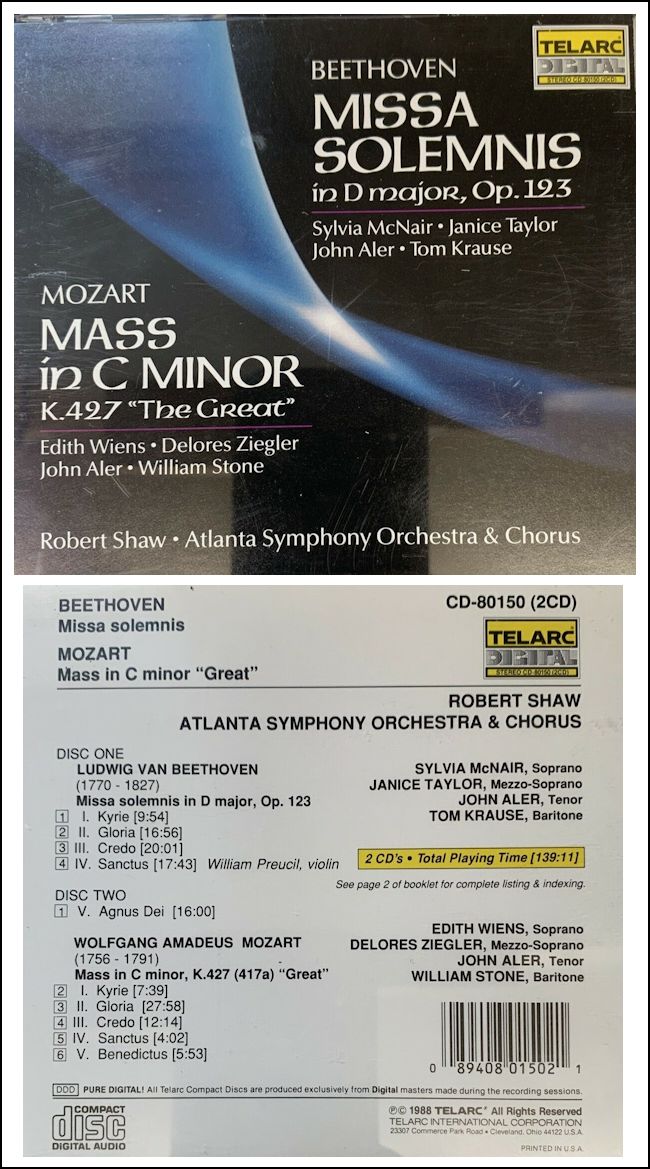 BD: What advice do you have for younger singers coming
along?
BD: What advice do you have for younger singers coming
along?